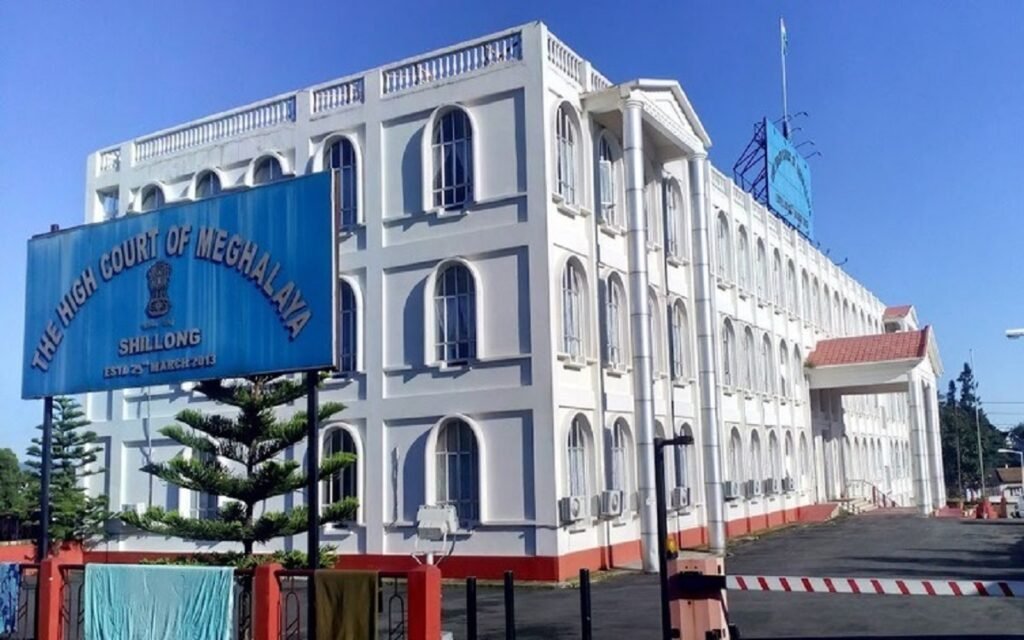
The Meghalaya High Court has admitted a public interest litigation (PIL) challenging the state government’s recent policy change on issuing Scheduled Tribe certificates to members of the Khasi community. The PIL, filed by the local civil rights group Syngkhong Rympei Thymmai, through its General Secretary Armour Lyngdoh, contests the Social Welfare Department’s May 2024 decision to withdraw a 2020 guideline that had previously allowed Khasi individuals to obtain tribal certificates even if they used either parent’s surname, or in the case of non-Khasi wives, adopted their Khasi husband’s surname. Hearing the case on June 27, a bench comprising Chief Justice I.P. Mukerji and Justice W. Diengdoh raised critical questions about the policy’s legality and its impact on citizens’ fundamental rights. The bench remarked, “We would like to understand how the option of a person to adopt the surname of one’s mother or father could change the obligation of the authority under the said Act to register a Khasi and grant him or her the Tribe Certificate.”
The policy shift has sparked intense debate within the state, particularly among the Khasi community, which follows a matrilineal system of lineage under the Khasi Hills Autonomous District (Khasi Social Custom of Lineage) Act, 1997. The 2020 policy had aligned with the Act’s provisions, affirming that surname choice should not hinder tribal recognition.However, the department’s reversal in 2024 has reportedly led to the denial or suspension of Scheduled Tribe certificates for applicants whose surnames deviate from the traditional matrilineal line or include non-Khasi women adopting their husband’s surname. According to the petitioner’s counsel, the new directive has effectively halted the issuance of Scheduled Tribe certificates to legitimate Khasi applicants, causing distress and administrative hurdles. The PIL claims the move contradicts the intent and scope of the 1997 Lineage Act and violates the constitutional protections guaranteed to tribal communities under the Sixth Schedule.
In response to the court’s inquiry, the District Council Affairs Department has been directed to file a comprehensive affidavit clarifying its current position on the matter. The court also ordered that the report be shared with all stakeholders involved in the litigation ahead of the next hearing.The case is scheduled for further hearing on July 23, 2025, during which the court will examine the department’s report and assess whether the new policy is legally sustainable and whether it unjustly deprives rightful claimants of their tribal status.The PIL has reignited broader conversations in Meghalaya about identity, custom, and the role of state policies in recognizing indigenous heritage, especially in a state where tradition and law are deeply intertwined.
